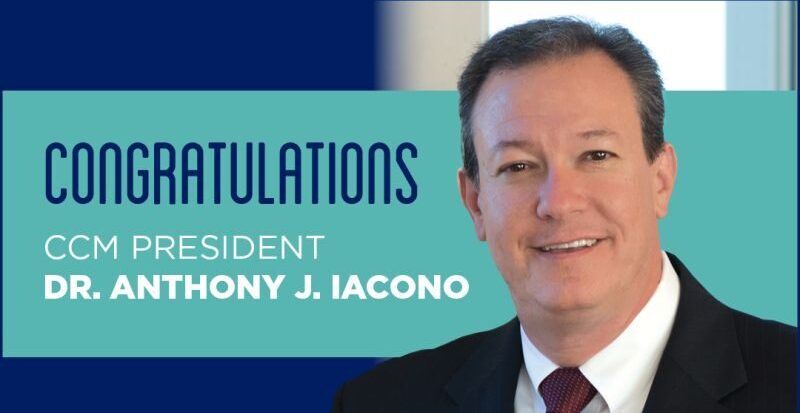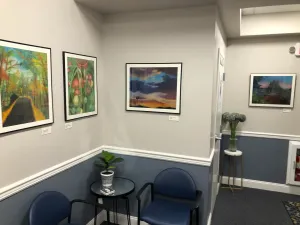What You Will Learn
If you are driven by artistic expression, technical curiosity or a desire to contribute to the evolving musical landscape, consider studying electronic music at CCM. Spanning various genres, from ambient and experimental to techno, dubstep, and more, you learn the history of electronic music and explore a wide spectrum of styles.
Using state-of-the-art equipment in the cutting-edge Music Technology Center, this associate of science degree program enables you to compose, arrange and perform sounds, textures and compositions that may not be possible with traditional instruments alone.
Curriculum
Our Electronic Music program features a 37-credit core encompassing music theory and application in voice, piano, chamber choir, ensemble and more, along with a variety of courses in electronic music, music recording, hard disk recording and music business plus the completion of two independent studies.
Careers in the Field
An associate’s degree in electronic music is a perfect starting point for creative careers entailing:
- Arranging
- Audio Producing
- Creative Coordinating
- Film Scoring
- Multimedia Development
- Music Composition
- Scoring for Games
- Sound Editing
Transfer Agreements
The CCM program also provides an ideal foundation for transferring to four-year colleges and universities. CCM has transfer agreements with:
- Ramapo College
- Rider University
- Rutgers University
Students in the program have also transferred to:
- Berklee College of Music
- Eastman School of Music
- Montclair State University
- New York University
The department and Transfer Services is here to help you with this seamless process.
Why Study Electronic Music at CCM?
- Small class sizes in the cutting-edge Music Technology Center.
- Learn from accomplished faculty who have published their own works of art.
- Gain hands-on experience with analog and digital technology including MIDI sequencing, general MIDI, sampling, sound output systems and audio recording.
- Use computer-based technology to create musical compositions and learn software applications dealing with music recording, notation, sound editors and sound libraries.
The Music Technology Center houses cutting-edge equipment including two recording studios, an electronic music lab and a piano lab.
Paying for Your Music Education
Earning a degree in electronic music is a powerful investment that will pay off over the course of your life, in both increased earnings and job satisfaction. But what is the upfront cost, and how do you afford it?
There’s good news: Money is available to help you pay for school! Our Financial Aid staff can provide lots of information about the process of finding funds to help pay for your education.
Featured Courses
Musical Theory I
The fundamentals of musicianship including the basic elements of sight-singing, ear-training, writing, playing, terminology and form analysis.
Intro to Music Recording
An introduction to the commercial recording studio with in-class demos and hands-on workshops. Topics include studio acoustics and design, sound and hearing, microphones and microphone technique, recording console and signal flow, analog and digital recording systems, and signal processing.
Hard Disc Recording
The operation and application of AVID Pro Tools hard disk recording and editing software. Topics include signal flow and routing, editing, fades and cross fades, digital signal processing, mixing, and automation.
Resources
Your Electronic Music Faculty Advisor
Dr. Jose Bevia Professor
Email: jbevia@ccm.edu
Office: Music Technology Center Room 204
Office hours: W & TH 3:30-5:00. Email for appointment.
Phone: 973-328-5432
Specialization: Electronic Music
Department: Music, Performing Arts and Music Technologies



